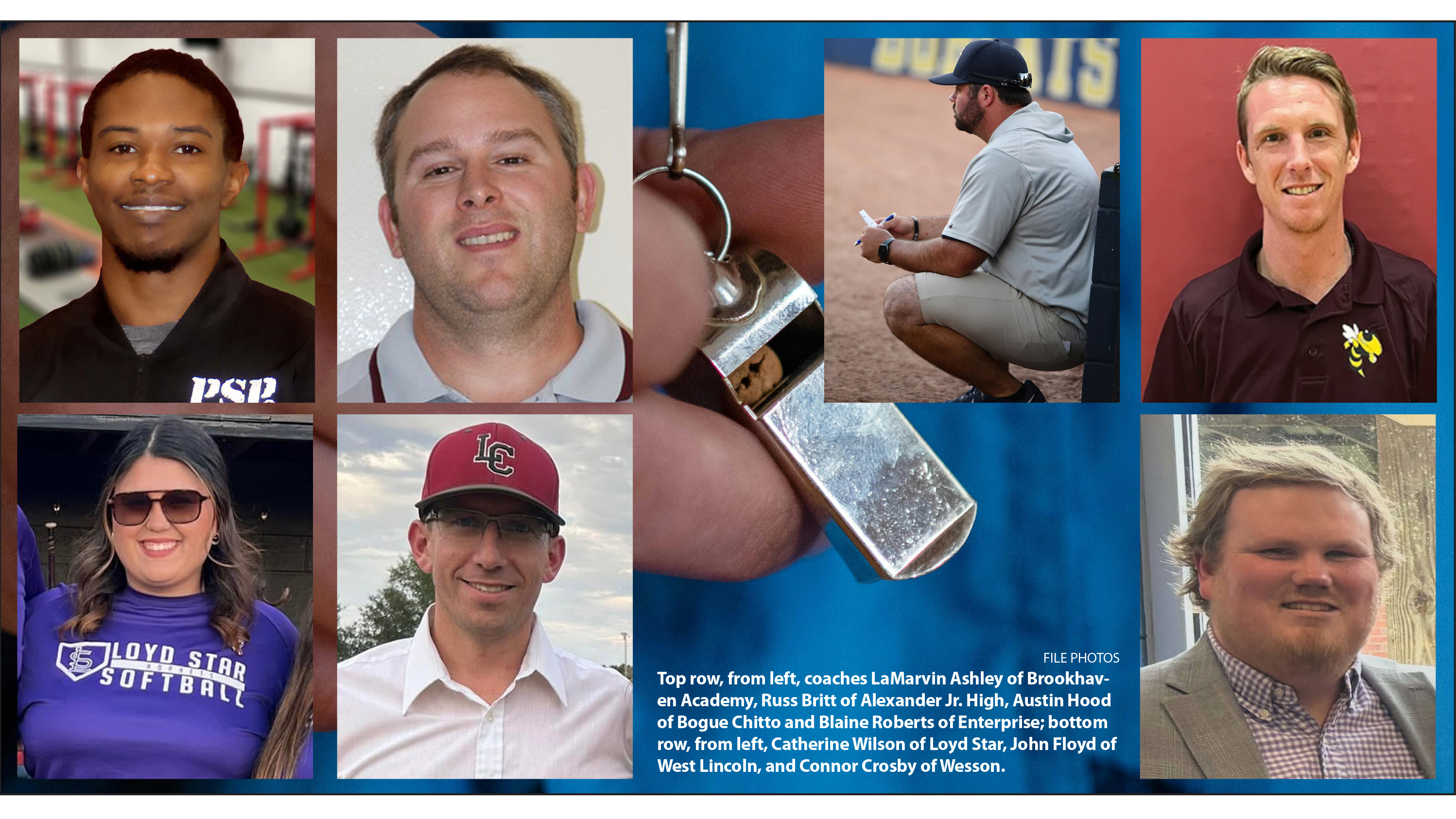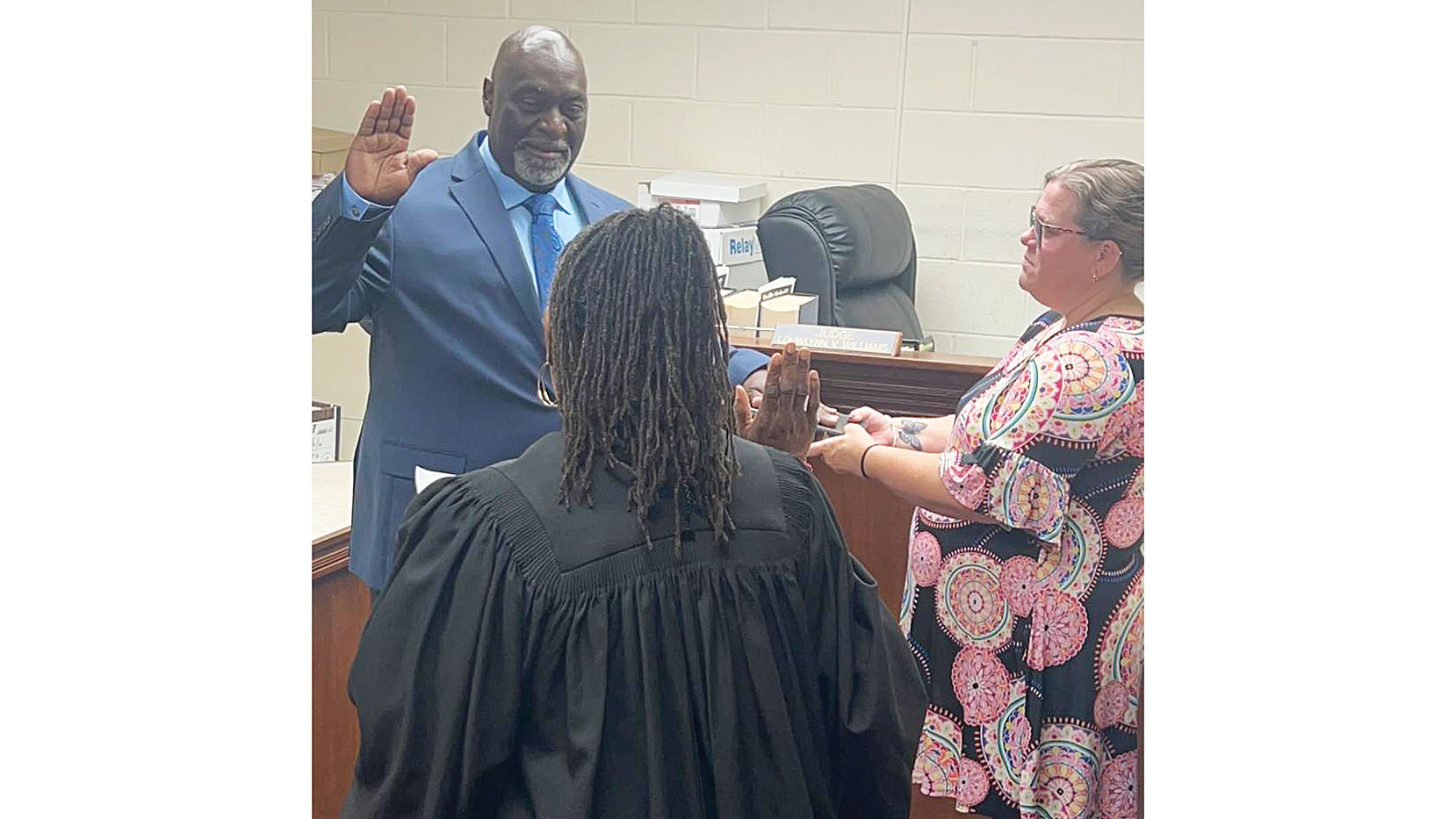Three birds test positive for West Nile
Published 5:00 am Friday, July 7, 2006
A 10- to 30-fold increase in the number of mosquitoes thisseason, caused by dry weather conditions, has led to earlyidentification of West Nile virus activity in some areas of thestate.
Two mosquito pools in Hinds County and three birds have testedpositive for the potentially life-threatening virus, theMississippi Department of Health said Thursday. The birds werefound in Pike, Bolivar and Yazoo counties.
“The trend is still very typical for this time of year,” saidDr. Mills McNeill, state epidemiologist.
Mississippi’s West Nile virus season usually peaks in July,August and September, he said. This time last year, healthofficials had reported two human cases and two birds positive forWNV.
Only one human case of WNV, reported May 2 in Copiah County, hasbeen identified so far this year, McNeill said.
McNeill admitted it sounded odd for MDH to say dry weatherconditions were just as potentially dangerous as very wet weather,but he added that “rainfall patterns in a specific locale will, inlarge measure, determine the density of mosquito populations.”
Mosquitoes breed primarily in standing water and the larva canbe easily destroyed by something as insubstantial as ripples in thewater. Therefore, he said, small, frequent rains are better atcontrolling mosquito populations than large, infrequent rains – orno rain.
Rain received the last few days have already had an impact onmosquito populations, McNeill said, with some areas of increasedpopulations showing significant improvement.
Health officials believe recent dry weather conditions havesparked a sudden increase in mosquito populations by providing morefetid organic matter for the insects to lay their eggs in.
Mosquito trappings throughout the state, conducted by healthofficials, have indicated a 10 to 30-fold increase in the number ofSouthern House Mosquitoes, the breed most responsible fortransmitting the potentially life-threatening viruses.
“The Southern House Mosquito breeds in water containing highamounts of organic matter, such as rotting grass or wastewater,”said Dr. Jerome Goddard, a state epidemiologist. “During dryweather, water remaining in ditches becomes highly concentratedwith organic matter.”
The best preventative steps are those designed to protectagainst mosquito bites, McNeill said.
The Health Department recommends avoiding being outdoors at dawnand dusk, when mosquitoes are most active, when possible. Othertips include wearing long-sleeved shirts and pants, eliminatingstanding water around the home as a potential breeding site,repairing torn or broken window screens and using insect repellentsthat contain DEET, the chemical picaridin or the oil of lemoneucalyptus.
Symptoms of WNV infection are often mistaken for the flu. Theyinclude fever, headache, nausea, vomiting, a rash, muscle weaknessor swollen nymph nodes. In a small number of people, infection canresult in encephalitis or meningitis, which can lead to paralysis,coma or even death.




